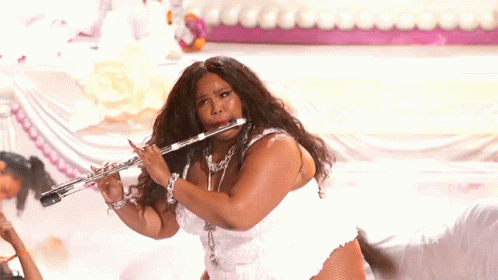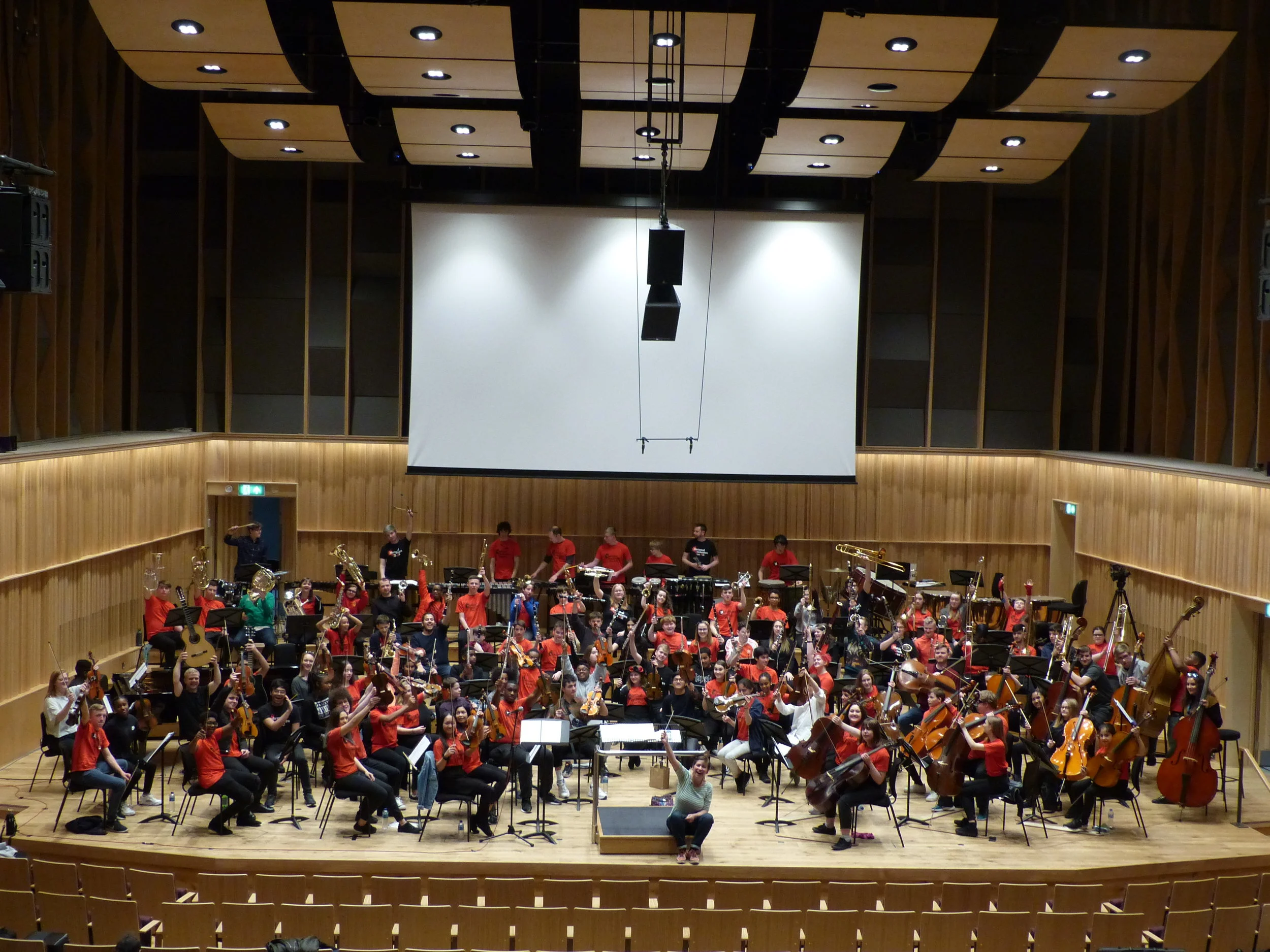From feeling more confident to improving your mood, being part of a youth orchestra can work wonders for your mental and physical health.
According to the World Health Organization (WHO), mental health is an essential part of general health: “Health is a state of complete physical, mental and social wellbeing and not merely the absence of disease or infirmity.”
A recent study by Music Minds Matter, which explores mental health and the music industry, also found that 71.1 per cent of respondents believed they had experienced panic attacks and/or high levels of anxiety, 68.5 per cent said they had experienced depression, and 55 per cent believed they were “gaps in the provision of services for musicians.”
At Orchestras for All, we understand just how comforting it can be to play music with others during tough times. If performing with other musicians is completely new to you or music education has been limited in your school or local community, joining a large group like National Orchestra for All might not be something you’ve ever considered doing.
But when you’re part of the Orchestras for All family – or any youth orchestra for that matter – the benefits to your health and wellbeing are endless. Here are just a few of the ways this magical musical experience could give you a boost…
1. You’ll meet new friends
We’ve all been there: turning up to your very first orchestra rehearsal and not knowing a single soul. But stick with it and soon enough, you’ll be boosting your social skills, forging lifelong friendships and building happy memories with fellow musicians over forgotten pencils, funny stories shared during the break and of course, the conductor’s dramatic facial expressions.
2. Music enhances your memory
Although music affects people in different ways, previous studies have shown that musicians tend to have a better working memory and show less brain activity while carrying out a task than those who haven’t received any form of musical training. Listening to music or practising your instrument could even increase your alertness and improve your focus – if you’re revising for an exam, why not give it a try?
3. You can express yourself
When you’re part of an inclusive group like National Orchestra for All, you’ll always be encouraged to express yourself and your emotions in a way that works for you. Whether that’s showcasing your passion for woodwind with a pretty flute solo, enjoying a witty moment with your neighbour in the brass or trying something entirely new on your instrument, musical expression is truly for everyone.
4. Music is good for your heart
Did you know that listening to music can lower your blood pressure? According to Harvard Medical School, a nurse-led team at Massachusetts General Hospital found that patients who listened to music for 30 minutes had lower blood pressure, slower heart rates and showed fewer signs of distress than those who hadn’t listened to music. Better protect that ticker and pick up your oboe…
5. You’ll feel more relaxed
It’s been scientifically proven that listening to music can promote a sense of calm and lower levels of cortisol, also known as your stress hormone. If you’re a young person and struggling with symptoms of anxiety, depression, trauma or grief, music-making can be a powerful tool to aid your recovery and help you cope in difficult times.
6. You’ll develop your communication skills
Some of you may find communication to be a challenge in your daily lives – especially if you’re low in confidence or living with spectrum conditions such as autism – but music is a universal language. From learning how to read a conductor’s visual cues to connecting with others through pitch and rhythm, youth orchestras can teach you one of the most powerful forms of communication and enrich your life as a result.
7. Music improves your mood
This may come as little surprise to you, but hearing your favourite song can evoke feelings of happiness – and especially if it gives you the chills! When you’re performing a beautiful selection of repertoire in an orchestra, your brain actually releases more dopamine, the feel-good chemical. If you’re having a rough day and are in need of some uplifting music, there’s only one thing for it: head straight to that orchestra rehearsal.
8. Music can alleviate physical pain
Although the biological reason behind this remains relatively unknown, a study has shown that listening to music can ease the symptoms of people living with chronic pain. Plus, music therapists often use techniques such as playing instruments, improvisation and composing to help patients experiencing pain. Performing in a youth orchestra can be just as effective – immersing yourself in stunning sound can work wonders for your health.
9. You’ll sleep like a dream
While soothing melodies can make you feel more relaxed, they can help slower your breathing and improve your sleep quality too. By taking a breather and enjoying a moment of music and togetherness with your orchestra pals during those weekly afternoon sessions, you might just find yourself nodding off more easily at night.
10. Music boosts your emotional development
From leadership skills and emotional intelligence to self-regulation, music-making with others can develop all kinds of vital skills that you can take forward and apply throughout your life. Higher levels of empathy, higher academic achievement and higher social competence have all been connected with healthy emotional regulation.
11. And finally, you’ll grow in confidence
At Orchestras for All, our friendly team are always on hand to support you through each and every stage of your journey with us. We know that music heals – and for us, building your self-esteem and growing in confidence as a performer are equally important. So, what are you waiting for? Join our musical family!
Please support the wellbeing of young musicians across the UK and donate today >
























